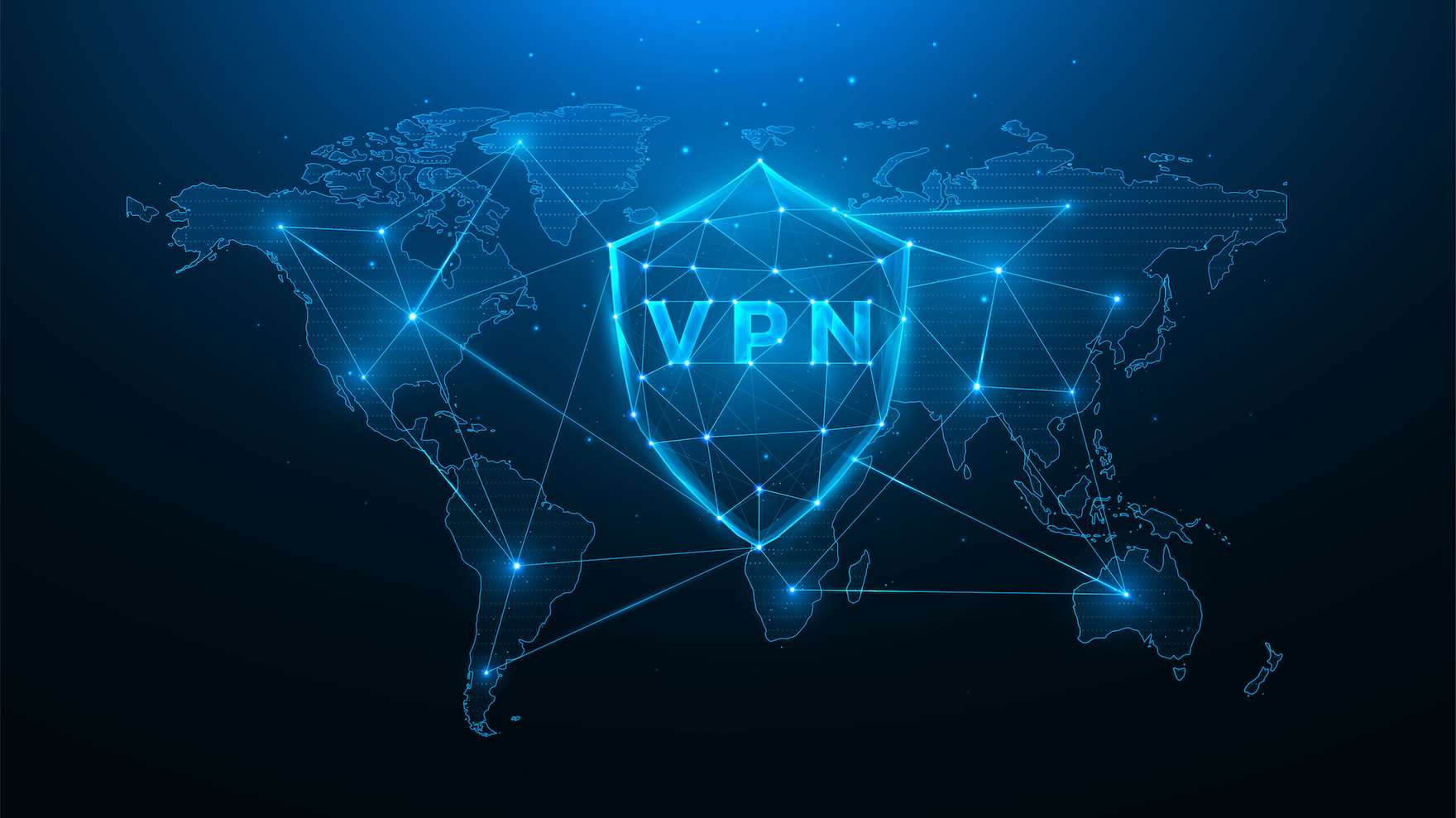Online privacy and security have become increasingly important in today’s digital age. With the rise in cyberattacks, government surveillance, and geographic restrictions, protecting your data is essential. One effective solution is to use a Virtual Private Network (VPN). However, it’s important to understand that not all VPNs are created equal in terms of security and privacy. In this guide, we will explore how to choose the safest VPN to meet your online privacy and security needs.
The Importance of VPNs for Online Privacy
When you use a VPN, your internet traffic is routed through a remote server, hiding your real IP address from prying eyes. However, it’s essential to be aware that not all VPN providers respect their users’ privacy. Some free VPNs, for example, may log all your browsing data without your knowledge.
To safeguard your privacy, it’s crucial to examine a VPN provider’s privacy policy. Check if they log your online activities and whether they share this information with third parties. Reputable VPN providers adhere to a no-logs policy, meaning they do not collect or store your browsing data, ensuring better protection of your privacy.
Another critical factor is the location of the VPN provider. Some countries have strict data retention and online surveillance laws. It’s advisable to choose a VPN provider based in a country that respects privacy and user rights.
Dealing with Tracking, Cookies, and Third-Party Cookies
Online entities like ad trackers, cookies, and third-party cookies often collect data about your online activities for commercial purposes, such as ad targeting. These elements can compromise your online privacy by tracking your behavior and preferences.
To protect yourself against these privacy threats, consider the following actions:
- Regularly Delete Cookies: Most websites store cookies on your browser. While some are essential for website functionality, others are used for tracking. Configure your browser to automatically delete cookies when you close a page or shut down your computer.
- Block Third-Party Cookies: Adjust your browser settings to block third-party cookies. This helps prevent websites not affiliated with the one you’re visiting from tracking you.
- Use a VPN: VPNs can hide your real IP address and encrypt your browsing data, providing an additional layer of privacy protection.
How to Choose the Right VPN
Selecting the safest VPN provider involves considering several crucial criteria:
- Encryption Strength: Ensure the VPN uses strong encryption standards, such as AES-128 or AES-256, for a high level of protection.
- Secure Protocols: Choose a VPN that offers secure protocols like OpenVPN, IKEv2, SSTP, or WireGuard.
- Connection Speed: Consider the VPN’s connection speed to ensure it meets your needs without significant slowdowns.
- Server Locations: Opt for a VPN provider with servers in multiple countries to access a broader range of content and avoid congestion.
- Privacy Policy: Read the VPN provider’s privacy policy carefully. Choose one that does not automatically log your activities and is transparent about its data-handling practices.
- Security Protocols: Verify the security protocols used by the VPN provider, such as WireGuard, OpenVPN, or IKEv2, as they play a crucial role in encryption and security.
VPN Reviews and Comparisons
To simplify the selection process, consider consulting VPN reviews and comparisons. Websites like Gameblog offer detailed and impartial analyses of major VPN providers. These reviews are based on real tests, providing insights into the pros and cons of each service.
Tracking Within VPN Apps
Some VPN providers incorporate trackers within their applications for various reasons, such as improving their services. They may collect demographic data and search histories for user analysis. However, the use of trackers without transparency is considered illegal.
The type of information collected and sharing practices vary between VPN companies. Some may collect location data, personally identifiable information, online activities, or even real IP addresses. The sharing of this data depends on the VPN provider’s privacy policy. Some companies commit not to share user data at all.
Review Privacy Policies and Data Collection Practices
Before trusting a VPN provider, carefully review their data collection practices. Thoroughly read the privacy policy and terms of use to ensure legitimacy and transparency. VPN providers are required to obtain user consent before collecting personal information. Alternatively, you can choose a provider with a strict no-logs policy to avoid any browsing logs being retained.
In conclusion, it’s essential to recognize that not all VPNs are equal in terms of security and privacy. Therefore, selecting a reputable provider that genuinely prioritizes data protection and privacy is crucial for safeguarding your online activities and sensitive information.















